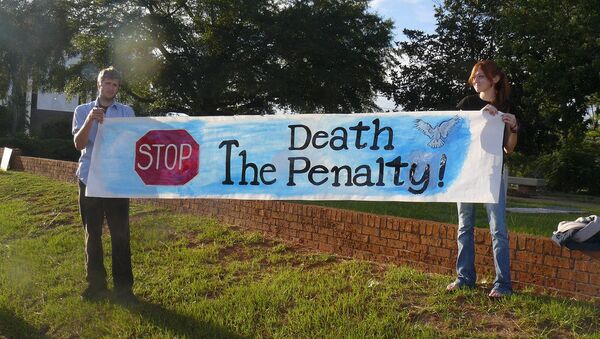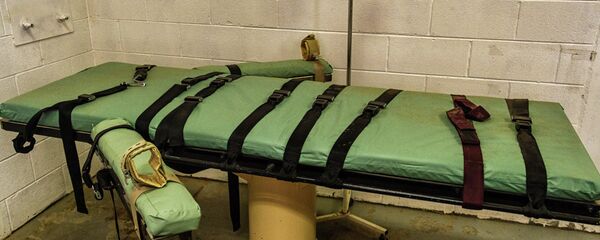The broadcast network stressed that anti-death penalty advocates are seeking to rally support after proposed legislature would ostensibly reveal that "the state's executioners are presumed to be amateurs who aren't required to be doctors or nurses."
According to the bill brought forward by a Tallahassee state lawmaker in late November, an exemption allowing executioners' identities to be absent from public records will be struck down from the 1997 Florida Statute.
"Information which identifies an executioner, or any person prescribing, preparing, compounding, dispensing, or administering a lethal injection" is no longer confidential under the Florida House of Representatives bill, HB 4003, which is currently under review by the criminal justice subcommittee.
Lethal injections are the primary method of carrying out death sentences in the United States.
The death penalty is considered legal in a total of 32 states. As of December, 35 people have been executed this year compared to 39 in 2013, according to data compiled by the Death Penalty Information Center. Despite a nearly 20-year drop in handing down death sentences nationwide, capital punishment in Florida has been rising incrementally in recent years.
Nearly 1,400 executions have been carried out in the United States since the death penalty was reinstated in 1976 following a four-year suspension by the US Supreme Court. Florida has put to death the fourth highest number of people — behind Texas, Oklahoma and Virginia — and nearly 400 Floridians are currently on death row.




